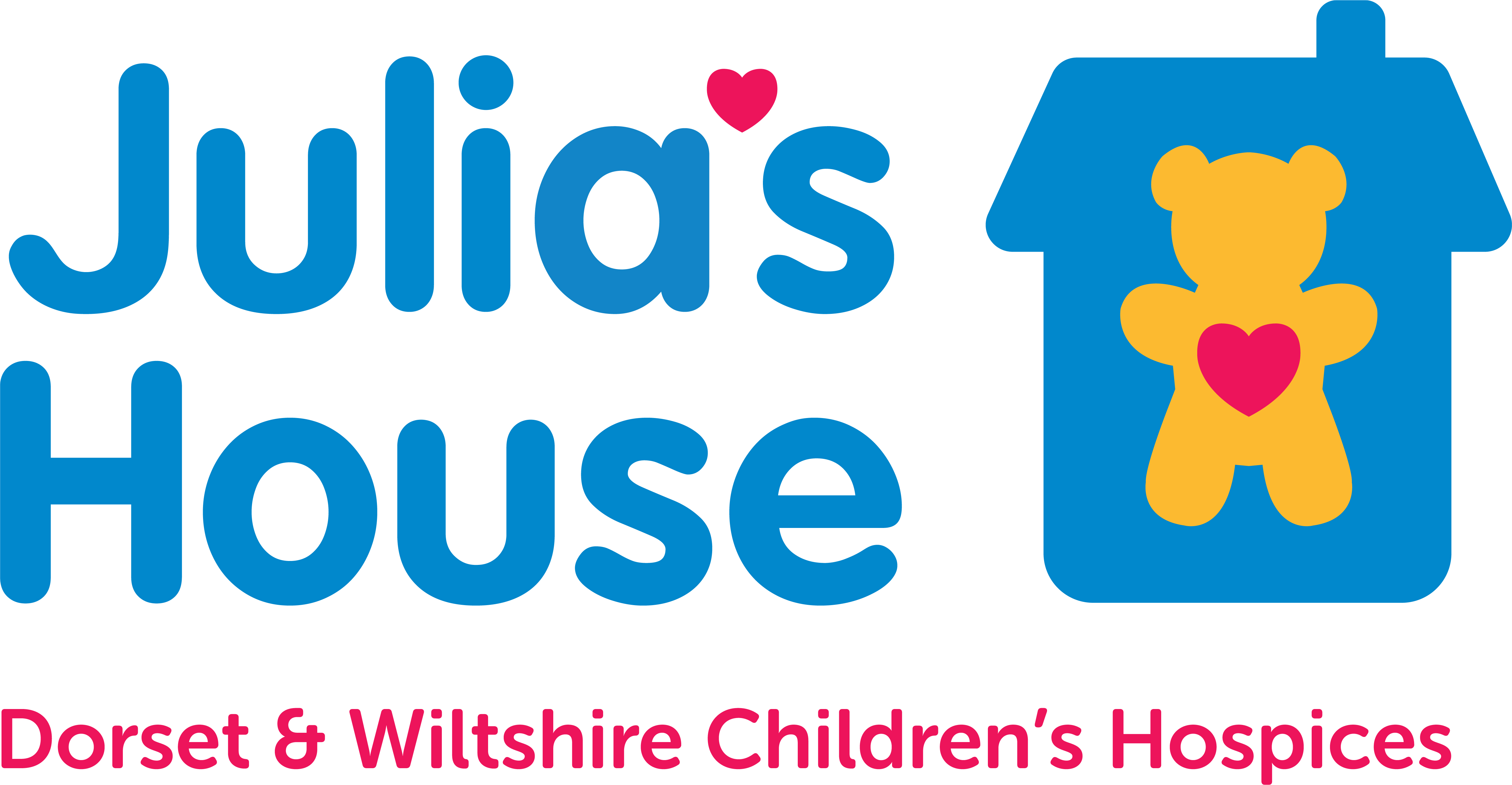New research conducted for local children’s hospice charity, Julia’s House, and Together for Short Lives, finds that respite care reduces stress and leads to fewer visits to the family doctor for parents of terminally ill children, as charities call on ministers to give families a break.
The pressure on families caring for a seriously ill child with complex needs is immense. The burden of caring for a child 24/7 and the knowledge that your child will die young can be too much to bear, so having access to regular short breaks is vital to relieve this stress, spend time as a family and do the things that other families do. Yet local authority funding for short breaks for children’s hospices was cut by 12% in 2019/20.
Crisis point for local dad
Local dad Dan understands just what impact respite care can have on a family – he gave up his IT career to become full-time carer to his daughter Elisa after she was born with cerebral palsy: “Without Julia’s House the heart would be ripped out of the care available to families like ours. Many families would be completely lost, cut adrift without a lifeline. Thank God we live somewhere where this care is not only available but also free. We would never be able to afford care like this. If it hadn’t been for Julia’s House we would have had nowhere to turn.”
“What we hear, time and again, from families is that they have to reach crisis point before they receive any respite care from the local authority,” says Martin Edwards, CEO of Julia’s House. “Six out of ten families are receiving no respite breaks at all, and of those who are, three quarters of them lost those breaks during lockdown.” Doc Martin TV actor, Martin Clunes, a Julia’s House patron who has spoken with Dan and met many families just like his during his time at the charity adds: “Just the very notion of respite is a massive secret, people just don’t know about it.”
Above: Dan talks to Julia's House patron Martin Clunes and Chief Executive Martin Edwards about his experiences, and how local authorities could be doing more now to save costs in the long run
Legislation is clear; action is needed
Existing legislation and government policy are clear that local councils in England should make sure families can access short breaks. However, too many cannot, which is a serious health inequality. The way in which short breaks are planned, funded and provided is patchy and unsustainable. Together for Short Lives has found that local authority funding for children’s hospices was cut by 12% in 2019/20. Isolated during the pandemic without access to many of the services they previously relied on, many families desperately need a break.
Together for Short Lives and Julia’s House Children’s Hospice are now calling on the government to deliver on the benefits of short breaks by filling the £434 million gap in funding for social care services for all disabled children in England and their families by creating an annual ring-fenced grant. The charities state that local authorities would be able to use this money fund short breaks for seriously ill and disabled children equitably and sustainably. “We’re calling on the government to take action and ensure that the short breaks ‘black hole’ is filled, so that families can get the respite support they so urgently need”, says Andy Fletcher, CEO of Together for Short Lives.

